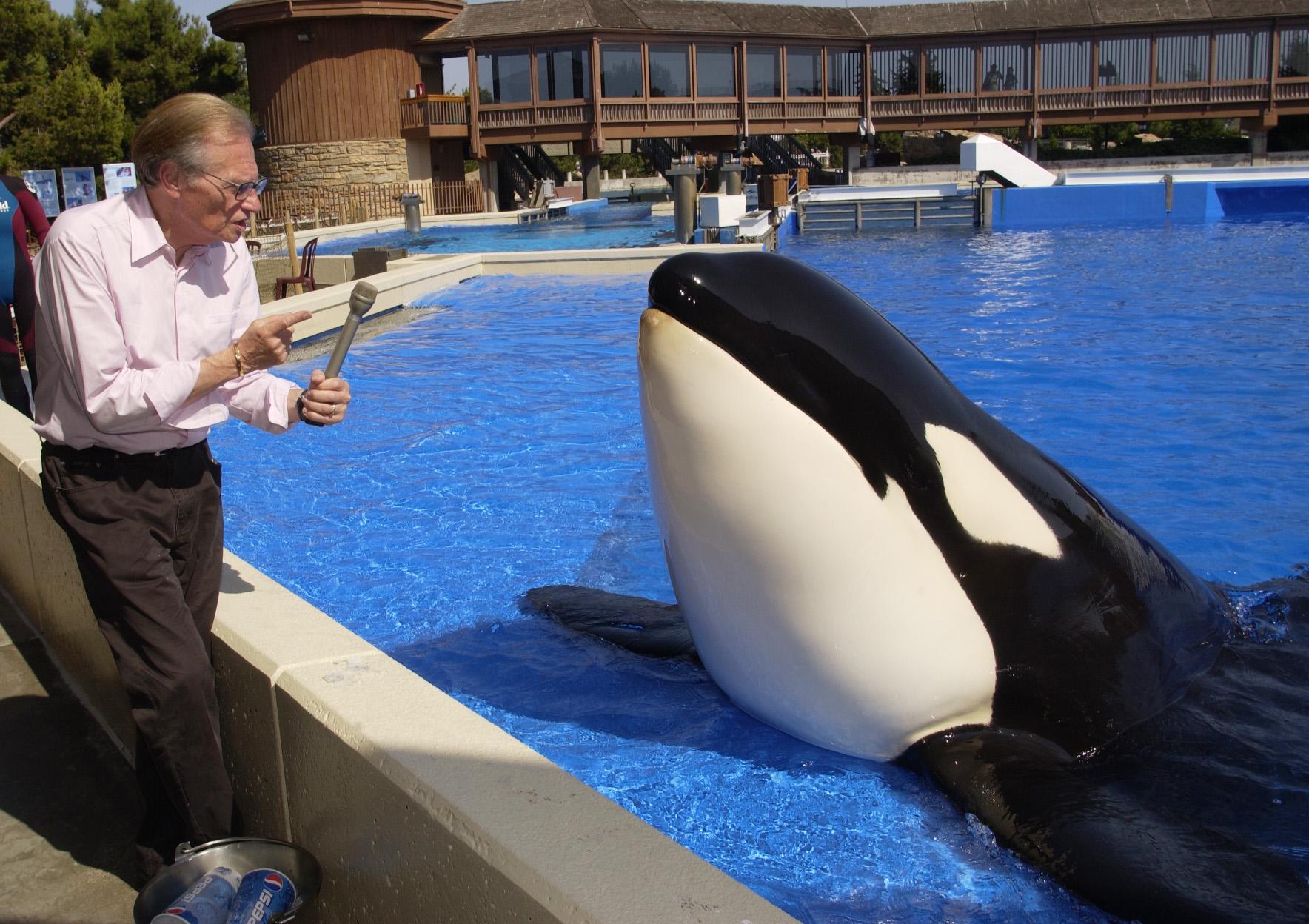SeaWorld’s practice of keeping large marine mammals in captivity has always been controversial among scientists and animal rights activists, but the recent anti-captivity documentary Blackfish has brought this issue into the public eye. As one of its justifications for keeping captive orcas, SeaWorld argues that easy access to these animals is an enormous benefit for scientific research that will lead to greater understanding of all orcas, including wild populations. According to Chris Dold, vice-president of SeaWorld veterinary services, “there are limitations to studying these animals in the wild, but controlled environments help us to overcome them. The value of animals in zoological parks is that they are available for controlled science to be conducted with them on their behalf.”
To support the claim, SeaWorld keeps an official list of research findings from captive orcas, a list of 52 studies starting in 1976. While some of these papers, particularly those related to anatomy, physiology, and development, are broadly applicable to wild animals, many are relevant only for captive orcas. Studies on vitamin supplements or new technology and techniques for artificial insemination are unlikely to be useful to wild populations. However, Dold says of these studies: “We’re just scratching the surface. Understanding the animal helps us to conserve them. Science isn’t always big leaps, and small contributions can lead to additional questions. Even this basic stuff enhances our understanding of killer whales.”
A new investigation of these papers by Ingrid Visser, a marine biologist with New Zealand’s Orca Research Trust, shows that SeaWorld may have systematically misrepresented the research resulting from work with captive orcas. Visser’s investigation of the list, which is part of a larger analysis, stems from “a concern that SeaWorld often misrepresents their claims of science and the justification of keeping orca in captivity,” she told me, and as a scientist herself, she “wanted the public to have a better grasp of just how duplicitous SeaWorld was being about their ‘research.’”
According to Visser, of the 52 articles on SeaWorld’s list, three are duplicates, the exact same paper listed twice. Another of the papers on the list is a review by a SeaWorld employee of a book written by someone who claimed to be able to communicate with orcas. Others involved SeaWorld staff, but the research was performed entirely on wild populations. A few could not be tracked down with the citation information provided; SeaWorld’s director of research didn’t have access to them when Visser inquired. Several are not peer reviewed, and at least one had the title changed to imply that captive orcas played a more important role in the research (which was a statistical model) than they actually did.
“After holding orcas in captivity for almost 50 years, this is, quite frankly, a pathetic research output in that time period, even for an individual researcher, let alone an institution with multiple researchers,” says Naomi Rose, a marine mammal scientist at the Animal Welfare Institute. (Disclosure: Rose is an acquaintance and I am a co-author of a paper on an unrelated topic with her husband, Chris Parsons.)
For two papers, the order of authors is different on SeaWorld’s bibliography than on the actual papers. One of SeaWorld’s own employees is listed as first author when he was not, implying that the employee was the lead researcher. “This is tantamount to plagiarism in the scientific world,” Visser says. “You don’t just claim someone else’s work by changing the first author of a publication, that’s the same as intellectual theft.”
Rose says she isn’t surprised by this apparent manipulation. In a recent online poll about orca captivity, she points out, 54 percent of responses came from a SeaWorld IP address, leading to accusations of digital ballot stuffing.
When I reached SeaWorld, Dold was apologetic about the errors in the research record. “That’s concerning to me. It would be untenable for us to manipulate the scientific record like this. We wouldn’t do something like that. Our scientific integrity is something we take deep pride in. On behalf of our scientists, that’s not something that we would do. I want to apologize to you and thank you for bringing this to our attention. That’s an error on our part and we’re going to go ahead and correct it.” And it has been revised.
A more accurate list of research won’t resolve the longstanding debate over whether holding orcas in captivity is necessary or appropriate, but at least it will help keep one side in that debate honest.
